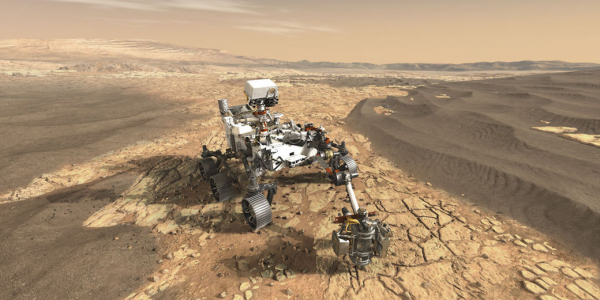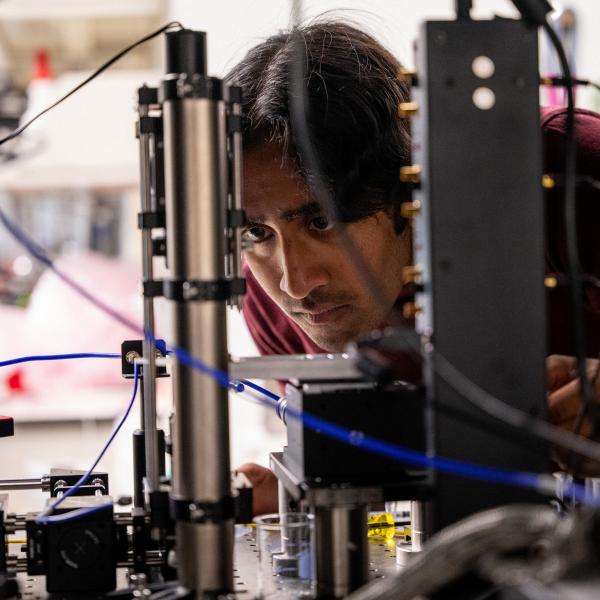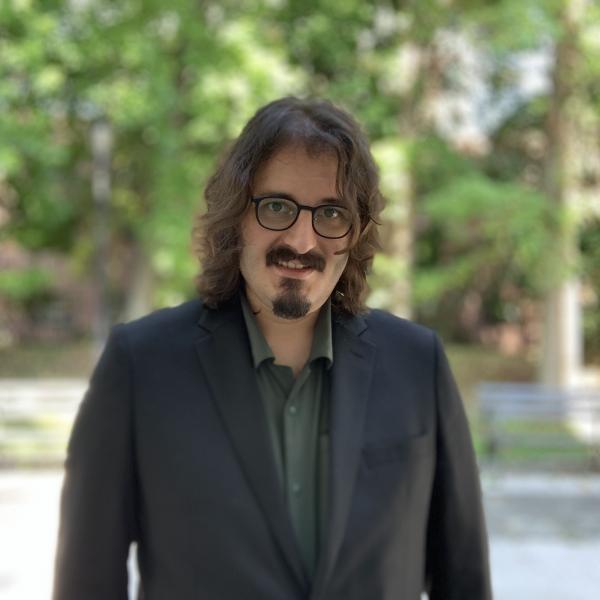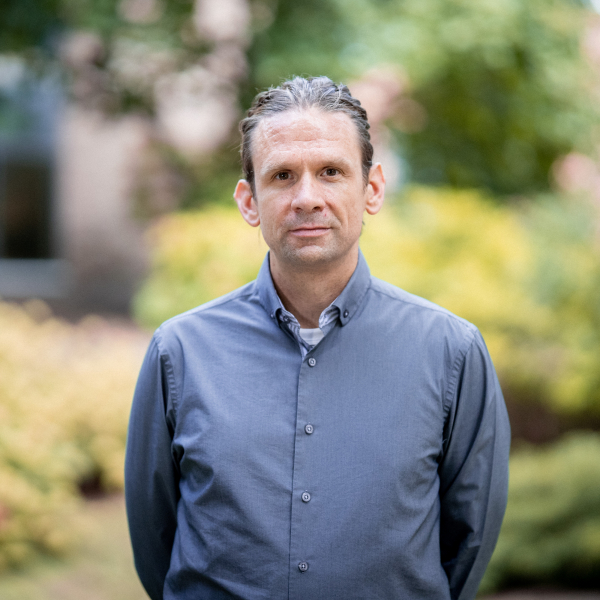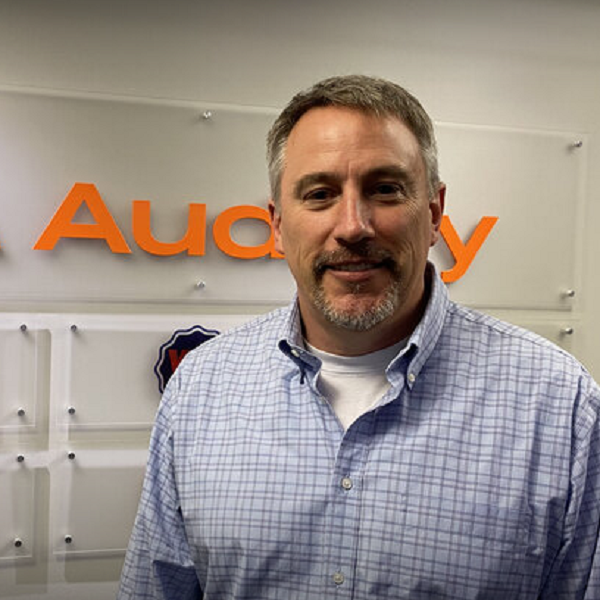Pablo Sobron talks about his startup company and the Mars Perseverance mission. Sobron was a postdoctoral research associate with Professor Alian Wang's Planetary Spectroscopy Team, supported in part by the McDonnell Center for the Space Sciences.
What's new for the Perseverance mission to Mars? For Pablo Sobron, it's data interpretation from the new rover. Through his startup company, Impossible Sensing, he and his team design and develop cutting-edge sensors for exploration instruments that can be used in deep space, deep ocean, and everywhere in between. His journey includes earning a PhD in physics from the University of Valladolid in Spain, performing postdoctoral work at Washington University from 2008-2011 in Alian Wang's Planetary Spectroscopy Lab, and working as a research scientist at the Canadian Space Agency and NASA-SETI. With his experience in spectroscopy, analog site study in six continents, and research focused on planetary sciences and astrobiology, Sobron returned to St. Louis because it is an "incubator for ambitious startups." His starting goal was to build better sensors for space missions in the future. After a couple of years, his one-man team evolved into Impossible Sensing in 2016. Armed with very broad technical expertise, Sobron and his 14-member team are developing sensors and analytical equipment for space exploration, deep ocean expeditions, and autonomous mining applications that will push the limits of what can be seen on the landscapes of Earth and other planets.
Listen to Sobron's full interview with St. Louis Public Radio.

